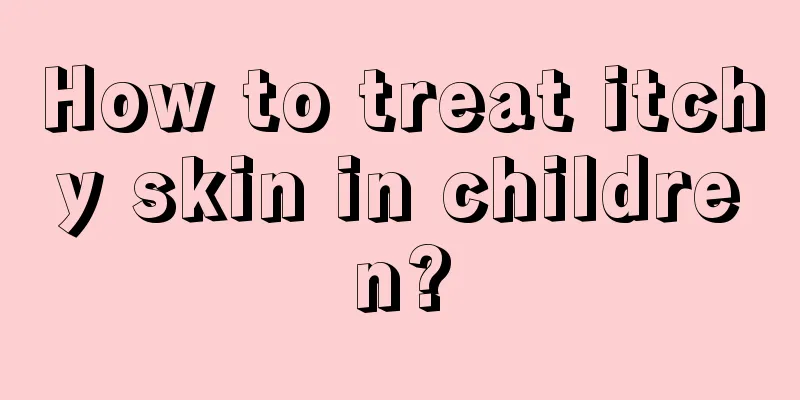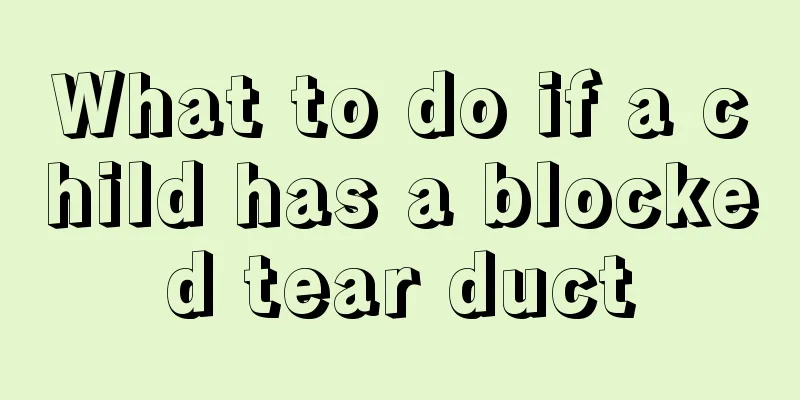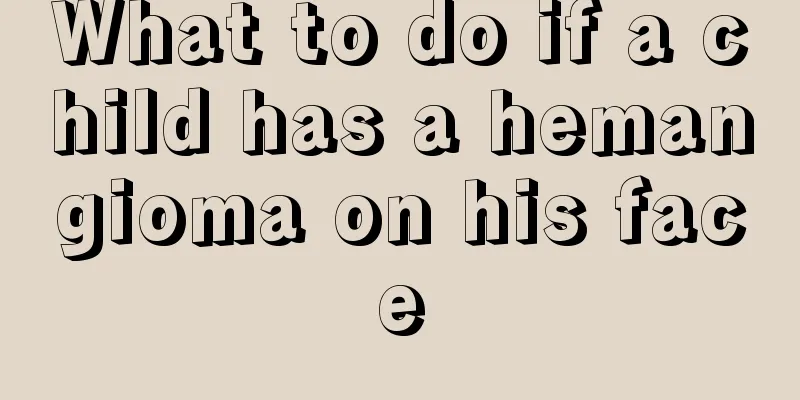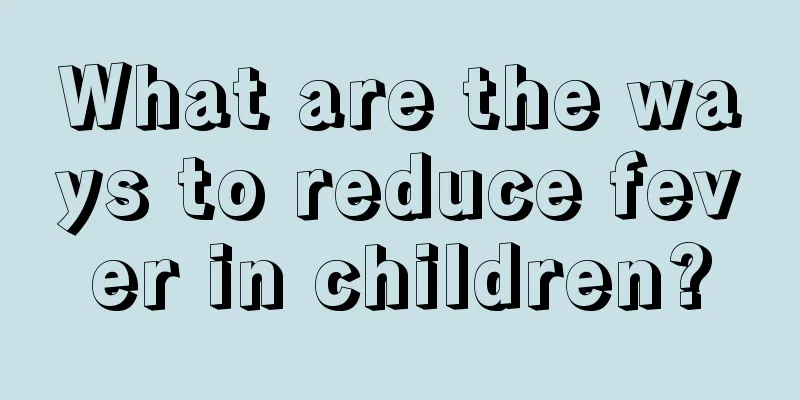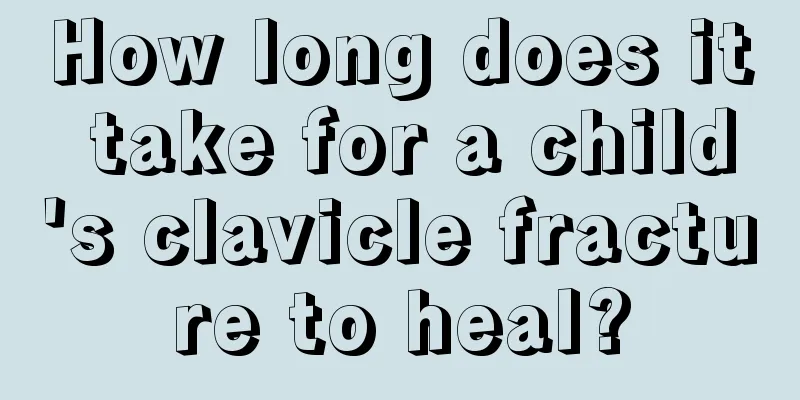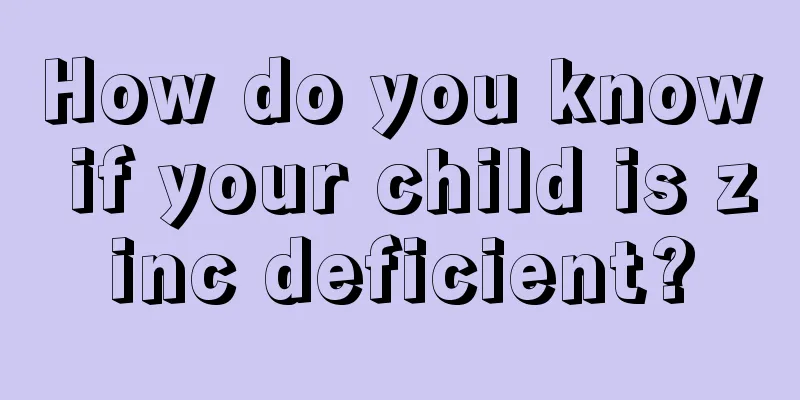What to do if children have rotten teeth

|
Most children nowadays like to eat sweets. Even if they don’t eat candies, they like to eat some high-sugar desserts. If parents do not pay attention to cleaning their children’s mouths, it will lead to tooth decay and tooth rot. Some of these need to be extracted, and others need to be corrected and repaired with teeth.
There are four conditions for the occurrence of dental caries: bacteria, food, teeth, and time. Under normal circumstances, there are many bacteria in people's mouths, one of which is acid-producing bacteria called Streptococcus mutans, also known as cariogenic bacteria. When food residues remain on the surface of teeth for a long time, caries-causing bacteria will react with carbohydrates in the food to produce acids. These acids react with the enamel, causing the enamel surface to decalcify, soften, and disintegrate, forming shallow cavities. At this time, there is generally no feeling of pain and it is not easy to be detected. If the tooth cavity is not treated at this time, it will become larger and deeper, damaging the shallow layer of dentin. At this time, the teeth will feel sore when eating hot, cold, sour, sweet or stimulating foods. If it is still left untreated, the pulp will be damaged, causing pulpitis, and spontaneous severe pain will occur.
No. Teeth with cavities should be filled promptly, and you should not wait until they hurt. Once you have a toothache, you need to kill the nerve and do root canal treatment. This will not only make the treatment complicated, but also increase the cost, which is not worth it. Therefore, we should solve the problem when it is in its infancy, and not wait until the problem becomes complicated. Do I need to kill the nerves even if my teeth don't hurt? It depends on the situation. The absence of tooth pain does not mean that there is no problem with the nerves. The doctor needs to determine the condition of the pulp based on examination and provide symptomatic treatment. Generally speaking, when the pulp is infected, it is more likely that the pulp will need to be extracted (i.e., the nerve will be killed).
The outermost layer of teeth is called enamel, and there are no nerve endings in it. People generally do not feel pain when the cavity is located in this layer. The layer beneath the enamel is called dentin, which contains nerve endings and is therefore sentient. The tooth cavity that develops to this stage will not usually cause spontaneous pain, but it may cause pain when exposed to cold, hot, sour, or sweet stimuli. It is more obvious when exposed to cold. Pain may also occur when food is embedded in the cavity. If the tooth cavity is deep and causes chronic pulpitis, pulp necrosis, or chronic apical periodontitis, the tooth will not hurt too much. |
<<: How to clean a child's foreskin
>>: What to do if your child's teeth are corroded
Recommend
Talk loudly in your newborn's ear
Many parents like to talk in their babies' ea...
What should I do if my child’s stool is black, dry and smelly?
Defecation is a normal reaction of the human body...
What should I do if my baby has a fever and diarrhea?
Nowadays, babies are always sick, such as having ...
The child is awake and coughing
Some children are prone to coughing after waking ...
What are the precautions for red spots on the baby's face
Babies are the apple of their mother’s eye. Mothe...
What disease causes cracking sounds in baby’s knees?
For little babies, they definitely like to be act...
What are the symptoms of mental retardation in babies?
As parents, we all hope that our children can gro...
Why is the skin peeling off the fingers of a three-year-old baby?
What's going on with the peeling skin on the ...
When will children grow taller?
Before we can enjoy our children's innocence ...
What is the reason for the yellow hair of children
Children are in a period of rapid growth, and the...
What causes newborns to have difficulty breathing?
With the arrival of a little life, it not only br...
What are the causes of swollen eyelids in children?
As children grow up, parents are definitely very ...
What should I do if my baby has a cold and fever?
The baby's physical health is an issue that t...
How to take baby's temperature
Babies are very difficult to take care of because...
Why does the child's face turn pale?
Under normal circumstances, children's faces ...
